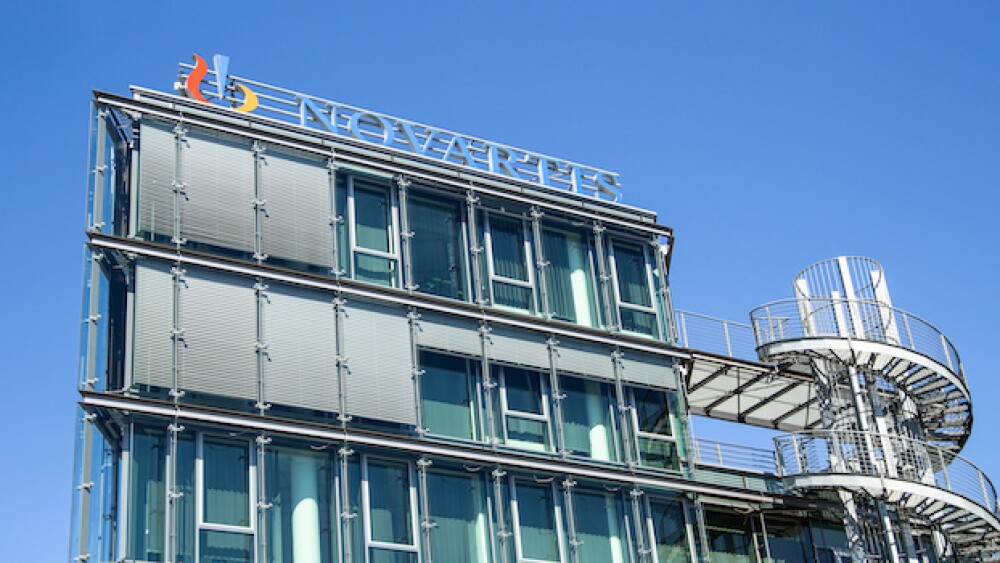The Swiss pharma’s CDK4/6 inhibitor reduced risk for recurrence by 25% when added to the standard-of-care endocrine therapy, inviting comparisons to Lilly’s Verzenio.
Pictured: Novartis headquarters/Courtesy Adobe Stock, Yingko
Novartis is looking to expand indications into early breast cancer with its latest Phase III Kisqali data. The Swiss pharma giant presented early data at the annual 2023 American Society of Clinical Oncology meeting, indicating that its CDK4/6 inhibitor kept more patients cancer-free after surgery.
Currently approved in advanced and metastatic breast cancer types, the latest trial tested Kisqali (ribociclib) in HR-positive HER2-negative early-stage breast cancer. Adding Novartis’ drug to a hormonal therapy reduced patients’ risk for recurrence by 25% compared to those on the endocrine therapy alone. Three-year invasive disease-free survival rates were high in both groups - 90.4% for Kisqali, 87.1% in the hormonal therapy alone arm.
HR-positive, HER2-negative breast cancer makes up close to 70% of breast cancer cases in the U.S., making it the most common subtype. It’s more common after menopause.
Novartis is gearing up to submit for FDA approval later this year. CEO Vas Narasimhan called the expansion of its label for this indication a “multibillion-dollar opportunity” on the first quarter earnings call.
In March, the early readouts caused an independent committee to recommend stopping the trial early as it had already met its endpoints. At the time, a company spokesperson told BioSpace NATALEE is the first Phase III study to demonstrate the consistent benefit of a CDK4/6 inhibitor in this patient population, including those with no nodal involvement.
It’s that non-nodal success that may give Novartis a leg up on its competitors. Three CDK4/6 inhibitors are currently approved for this breast cancer subtype: Kisqali, Verzenio from Eli Lilly and Pfizer’s Ibrance.
Ibrance is the biggest seller, bringing in $3.37 billion in the U.S. last year. But at the 2022 ASCO meeting, Pfizer announced it failed to improve the overall survival of patients when combined with letrozole.
That makes Lilly the biggest competitor for Novartis in this early-stage adjuvant setting. In March, the FDA broadened Verzenio’s label as adjuvant endocrine therapy after it reduced the risk of recurrence by 35% compared to et al..
While that beats out Kisqali’s 25%, there’s a potentially important distinction. Verzenio’s trial included only node-positive patients at higher risk for recurrence. Novartis’ trial included both. In node-negative patients, Kisqali reduced the risk of disease recurrence by 37%.
If approved, the population for Kisqali would be twice as many potential patients as its current label. Novartis forecast the new market reach could reach $3 billion. Sales of the drug came in at $1.23 billion for 2022.
The trial dosage was dropped from the metastatic dose of 600mg to 400mg to reduce side effects like neutropenia and irregular heartbeat. Even so, 19% of patients discontinued Kisqali because of side effects. Half of these were forced to drop due to strict trial protocol regarding liver toxicity. These patients would likely temporarily suspend treatment in the real-world setting.
Kate Goodwin is a freelance life science writer based in Des Moines, Iowa. She can be reached at kate.goodwin@biospace.com and on LinkedIn.






